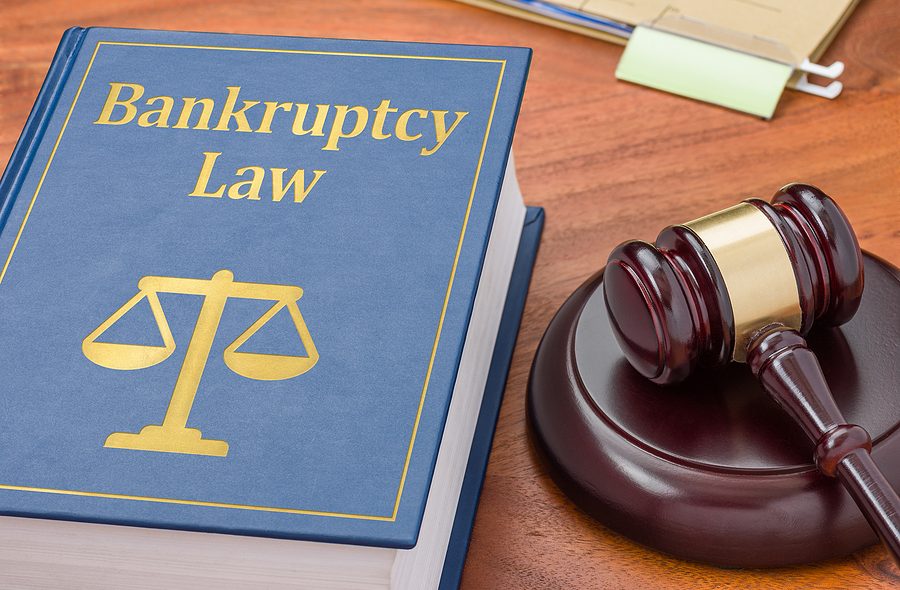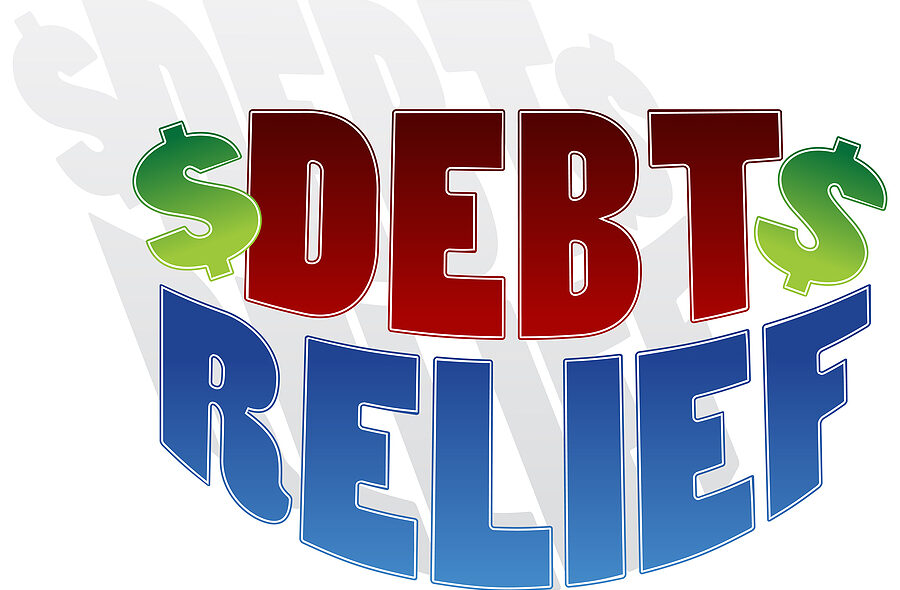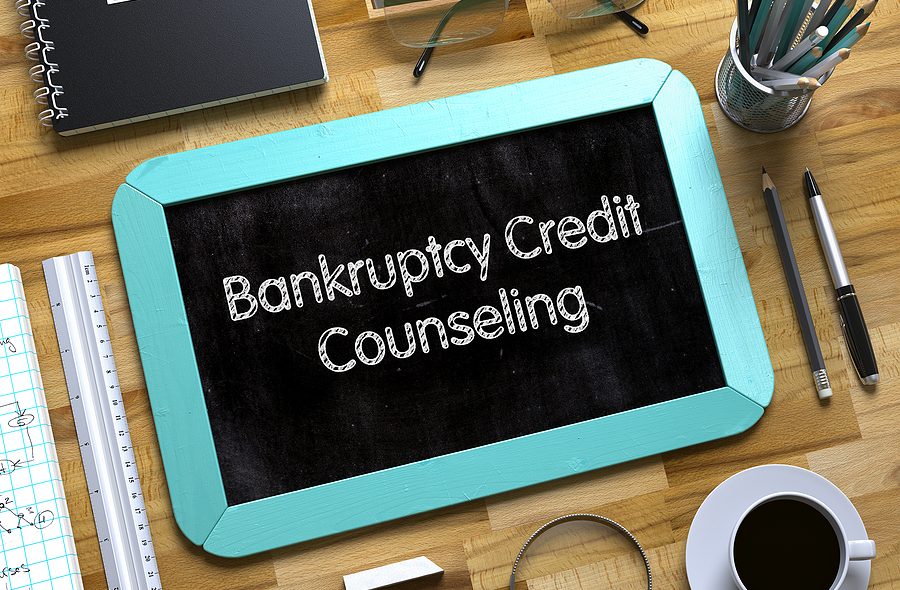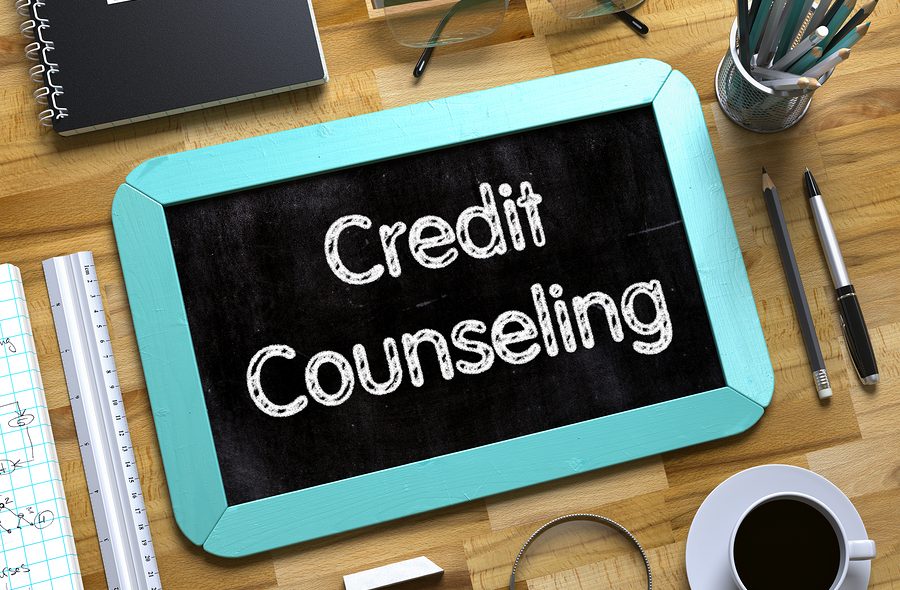Chapter 7 bankruptcy allows you to get a fresh start financially and erase past debts, but a legitimate concern consumers have is the effects it will have on their credit score and their ability to take out credit again.
One of the biggest misconceptions about filing for bankruptcy is that it will ruin your credit score and your financial future. To the contrary, after filing for bankruptcy you can begin restoring your credit right away.
Here are some steps you can take to begin rebuilding your credit after filing for bankruptcy:
Create a budget. This will help you stay on top of your finances and is something you should have gone over in the “pre-discharge” credit counseling.
Build an emergency fund. Research shows that having as little as $250 saved up for an unexpected expense can protect families from having to resort to pay day loans and credit cards.
Plan your post-bankruptcy credit strategy. Assess your situation by first checking your credit score. Dispute any inaccurate information on your credit report and have this corrected immediately. Remember, a Chapter 7 filing will wipe out your debts, but it does not wipe your credit reports clean. Make sure and double check all three reports.
Here are some ways to access to new credit while rebuilding your score.
Secured loans are typically offered by credit unions or community banks. One type of secured loan involves borrowing against money you already have on deposit. The other type can be made without upfront cash. Instead, this money is loaned to you and is placed in a savings account and released to you only after you have made the necessary payments. In return, the financial institution agrees to send a report to the credit bureaus.
A secured credit card is backed by the deposit you make and the credit limit is typically the amount you have on deposit. This can help repair your credit while you wait to become eligible for an unsecured card.
A co-signed credit card can improve your score, but it is definitely a big ask. Essentially, this individual (the co-signer) is risking his or her own credit history for you and will be on the hook if the full amount is not paid on the card.
If asking to co-sign is too much, an authorized user status will work. Basically, you are an authorized user on that person’s credit card. Just make sure the credit card will report the payment activity by authorized users to the credit bureaus, otherwise it will have no effect on your score.
A lighter debt burden automatically makes you more desirable to lenders, so be vigilant about paying on time. Keep your credit card balances relatively low compared to the card’s limit. For example, less than 30% is typically advised while using just 10% of the available credit is even better.
Still not convinced? A testimonial from one of our clients in regards to their credit score after filing for bankruptcy.
My credit score said on all three reports 775, I couldn’t believe that I had such a great score before 10 years. Tim for me was the best move I have made for my situation. I have no regrets, I am glad the past is the past. – Bill T.
If you have any questions on this topic or are in a financial crisis and considering filing for bankruptcy, contact an experienced Miami bankruptcy attorney who can advise you of all of your options. As an experienced CPA as well as a proven bankruptcy lawyer, Timothy Kingcade knows how to help clients take full advantage of the bankruptcy laws to protect their assets and get successful results. Since 1996 Kingcade & Garcia, P.A. has been helping people from all walks of life build a better tomorrow. Our attorneys’ help thousands of people every year take advantage of their rights under bankruptcy protection to restart, rebuild and recover. The day you hire our firm, we will contact your creditors to stop the harassment. You can also find useful consumer information on the Kingcade & Garcia website at www.miamibankruptcy.com.
Related Resources:
https://www.nerdwallet.com/blog/finance/rebuild-credit-after-bankruptcy/






